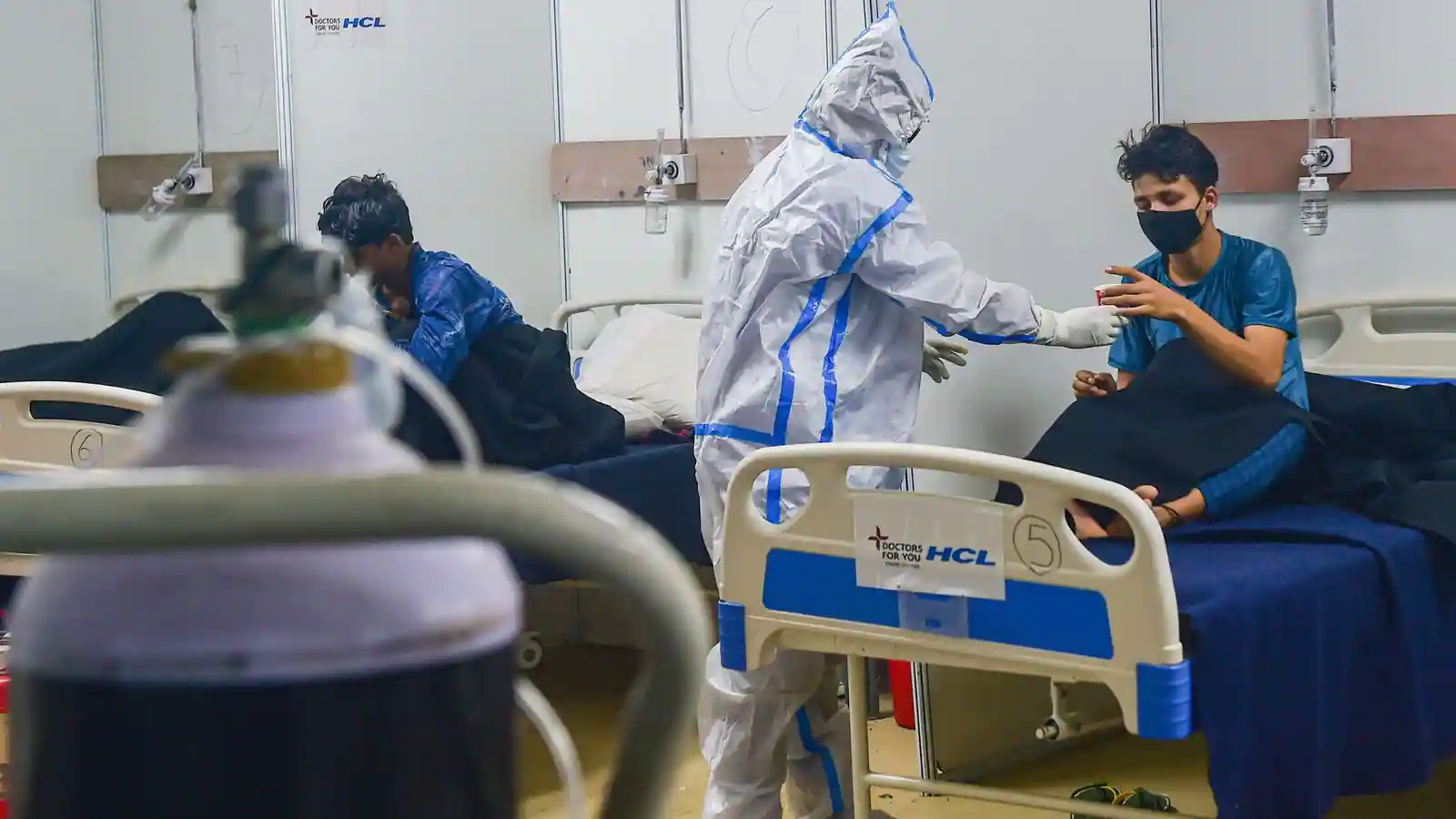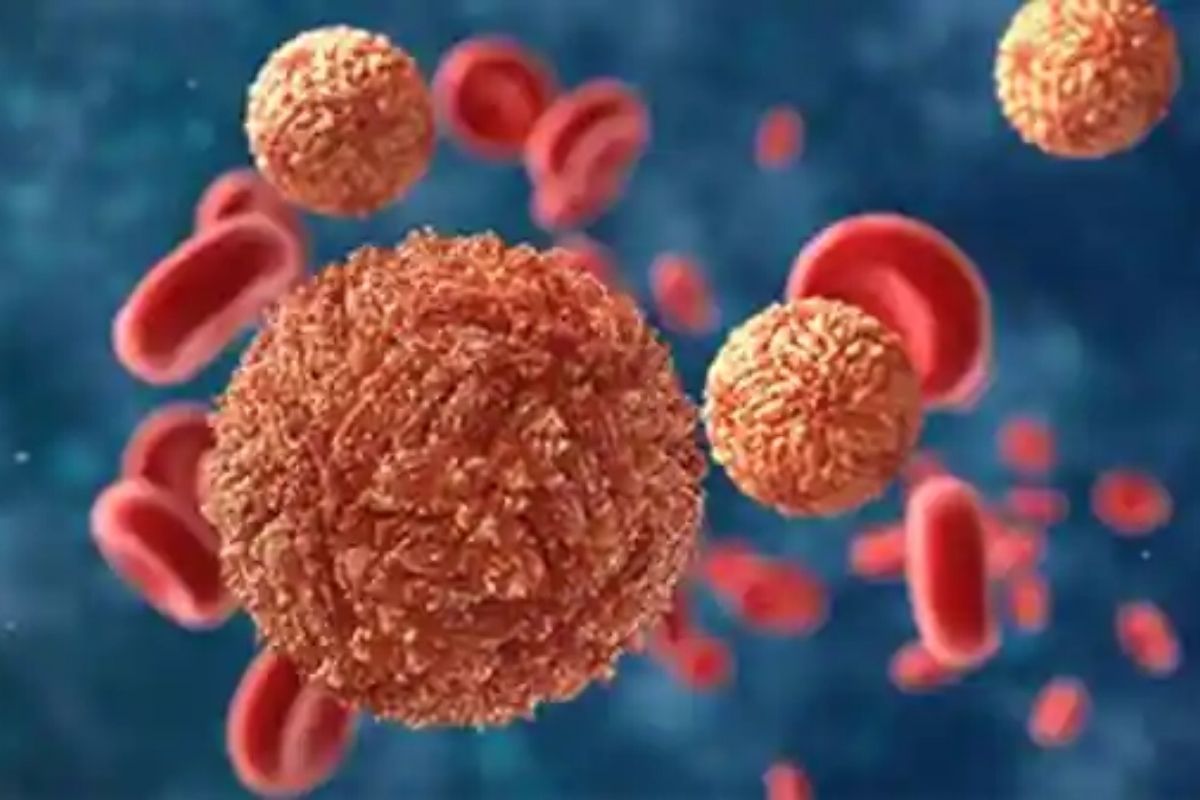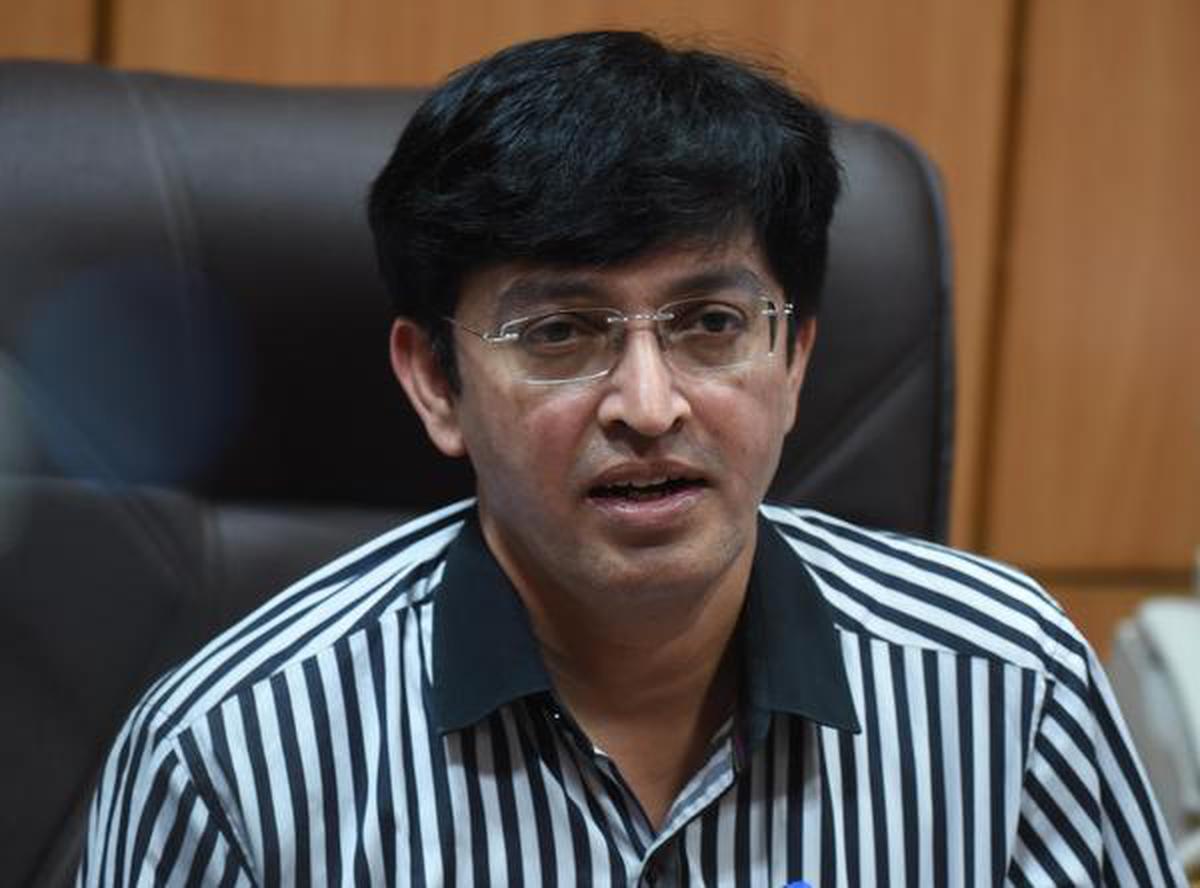
Thiruvananthapuram, July 13 (BPNS)
Amid complaints of drug shortage in various government hospitals and dispensaries in Kerala, health minister Veena George dismissed such claims as baseless. According to her, as the patient turnout at government hospitals increased it affected the drug stock. However, she added that anticipating this the health department had made necessary arrangements. Replying to a submission by the leader of the opposition (LoP) VD Satheesan at the Assembly on Wednesday, the minister also hinted about releasing a calendar for ensuring time-bound procurement and distribution of medicines.
Meanwhile, patients, health administrators, doctors, and government pharmacists confirmed a medicine shortage of certain antibiotics, blood pressure regulating tablets, painkillers, and cough syrup for children.
It was also alleged that the timely procurement of medicines by the Kerala Medical Services Corporation Limited (KMSCL), which is the central procurement agency for all essential drugs and equipment for all public healthcare institutions under the health department, got affected due to the financial crisis of the government. It is learned that KMSCL owes crores of rupees to drug suppliers and some of them have stopped the supply altogether.
Corroborating the same, Satheesan stated in the Assembly that the government owes around Rs 200 crore to drug manufacturers and some of them had stopped participating in the tender floated by the KMSCL.
“There is a medicine shortage across the state. Even in the capital city, it is being reported. But the minister says there is none. The gravity of the situation is such that the commonest intravenous paracetamol, recommended as a first-line agent for the treatment of pain and fever in adults and children, is out of stock at many hospitals. So is the case with antibiotic injections and tablets,” said Satheesan.
The LoP also highlighted that the concerned – KMSCL, Directorate of Health Services (DHS), and Directorate of Medical Education (DME) – made laxity in floating the tender for medicine procurement on time.
“In the normal course, the tenders will have to be floated in December and the purchase order is given in February. But this time, the KMSCL delayed the tender proceedings by six months, that is they floated tenders in June only. This will have to be inquired,” added Satheesan.
At the same time, Veena said that special arrangements were made to ensure an uninterrupted supply of medicines.
“KMSCL has been directed to constitute a special team to ensure drug availability and its flawless distribution. Separate nodal officers were appointed at the DHS and DME levels for coordinating, intervening, and inspections for the uninterrupted flow of medical supplies. Also, an arrangement will be made so that hospitals could alert KMSCL for medicine distribution in advance. Now the alert comes only when the existing stock is cleared,” said the minister.







